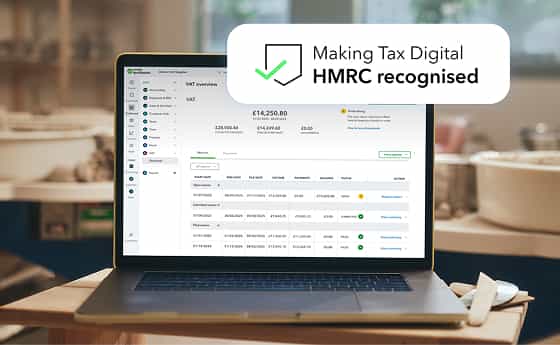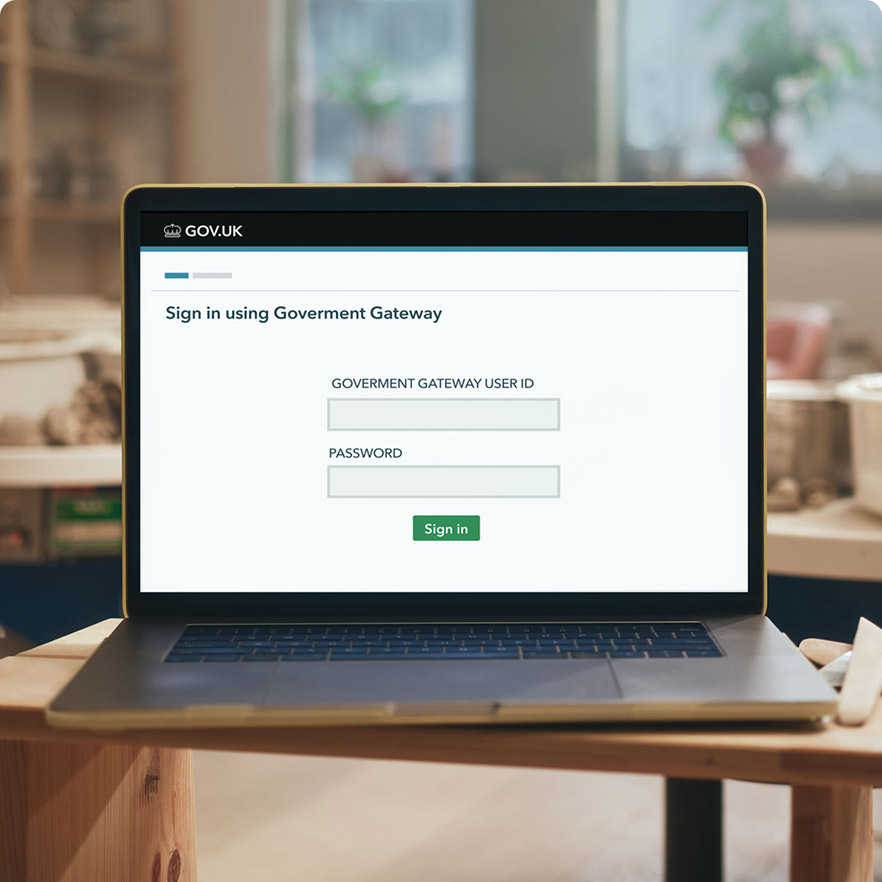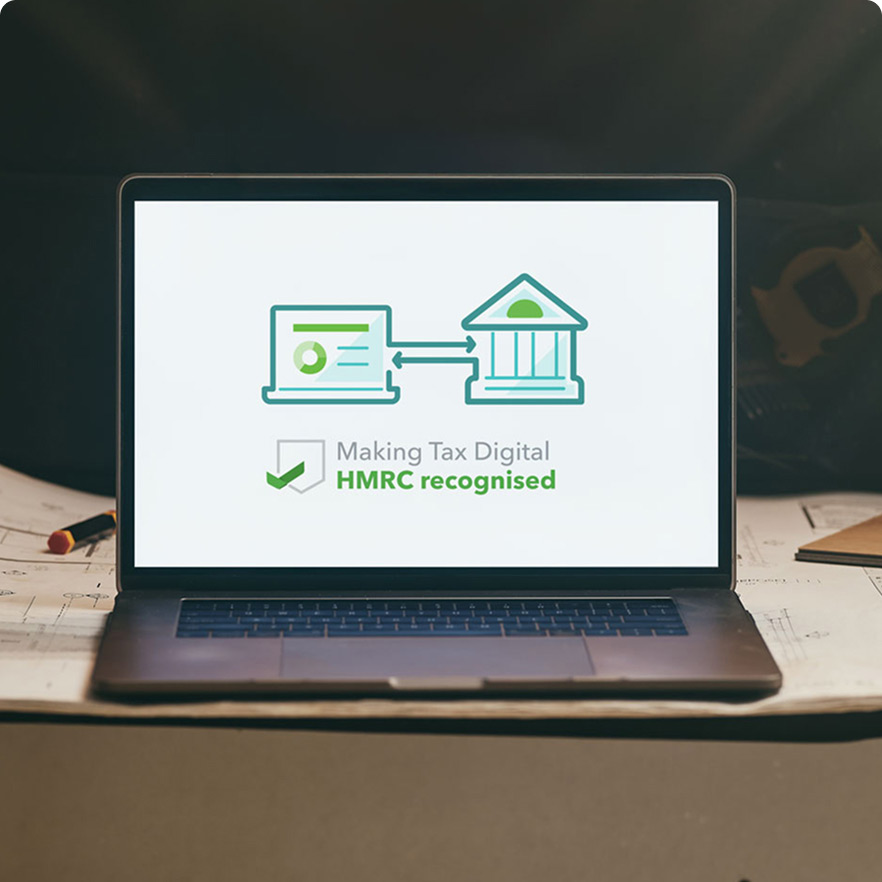Under MTD, all businesses must keep a range of digital VAT records, including:
- Business name, address and VAT registration number
- VAT on all goods and services you supply or receive
- Time and value of supply for everything you buy and sell
- Sales, profit and VAT owed, according to which scheme you use
This may sound like a lot, but with the right software, you’ll be able to track and access all of this data easily and in one place.















